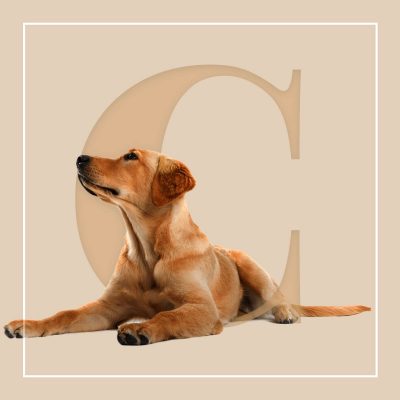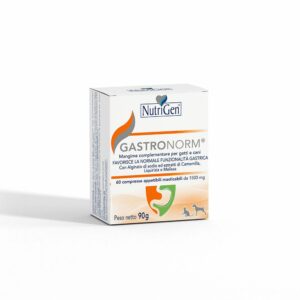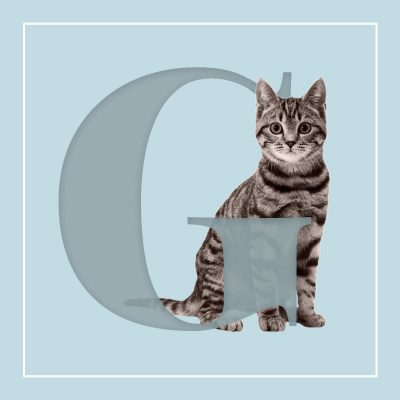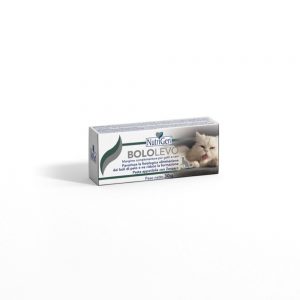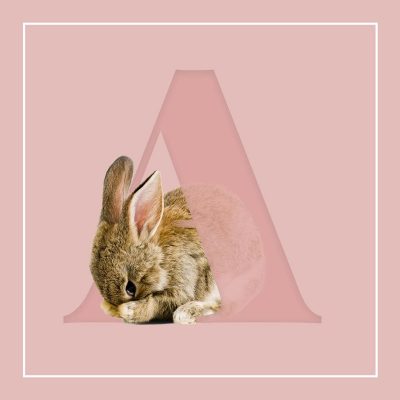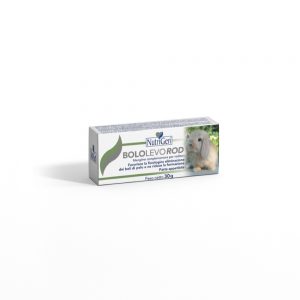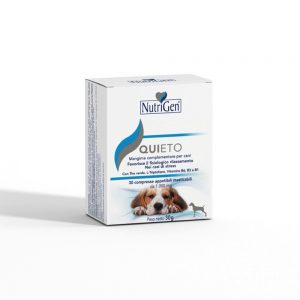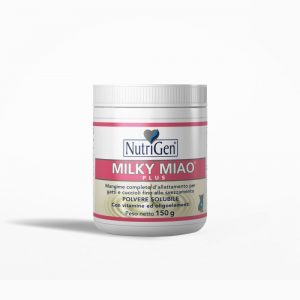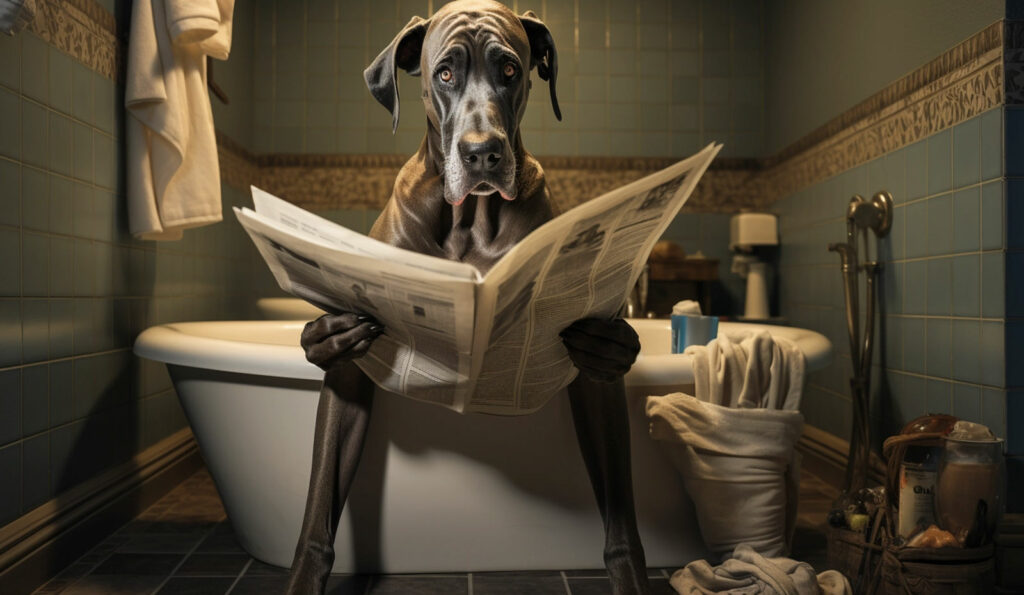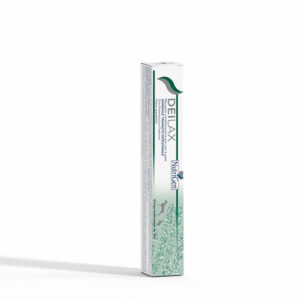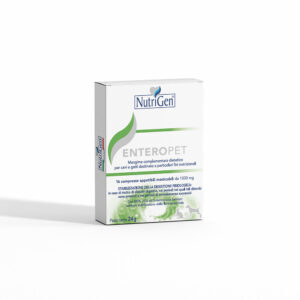The intestine is an organ with important functions: it assimilates nutrients contained in food, absorbs liquids contained in food, and defends the body against any pathogens in the intestinal lumen due to unfavorable ph conditions.
Since it is a complex organ, unfortunately, it is very easy for it to go into alterations in its function, manifested by diarrhea or constipation.
The gut microbiota: a world of organisms, serving the organism
To function properly, there are numerous populations of bacteria, fungi and protozoa in the gut that perform thousands of different tasks. The collection of all these organisms is defined by the word “microbiota,” from the Greek micro (very small) and bios (living).
All these populations of microorganisms keep in constant balance with each other, like a kind of village in which each individual has a task to perform to maintain the peace and harmony of the whole community.
When alterations in this balance are created, with changes in the composition of the microbiota resulting from the entry of viruses, for example, the gut stops functioning properly and diarrhea or constipation appears.
Diarrhea: the most common symptom of a bowel problem.
Stool is formed in the terminal part of the intestine, called the large intestine or large intestine. It is in this part of the digestive tract that the food, lacking the nutrients that have been previously assimilated by the stomach and small intestine, is also deprived of water, which is reabsorbed by the intestinal walls. Numerous factors can alter this mechanism, such as viruses or bacteria, parasites, drugs, food intolerances, and foreign bodies.
If the water in the intestinal lumen is not reabsorbed, the stool remains soft, resulting in diarrhea. Diarrhea is often accompanied by pain and an urgent need to evacuate, creating considerable discomfort not only for the dog or cat, but also for the owner who has to manage their pet’s discomfort.
How to deal with cat and dog diarrhea
Diarrhea results from the presence of excess water within the intestines; therefore, it is essential to eliminate excess fluids to restore consistency and shape to the stool. For this purpose, so-called “astringents” are used, which are products (usually parapharmaceuticals) that can absorb excess water and restore shape and consistency to stools. The most widely used are certain types of fibers (such as pectins) or minerals with high absorption capacity.
The most common cause of diarrhea is microbiota imbalance, just as diarrhea itself can be the cause of microbiota imbalance as a result of numerous evacuations that go on to decimate populations of microorganisms. Whatever the trigger for diarrhea, it is of paramount importance to go about restoring the normal bacterial flora by giving the animal prebiotics and probiotics. Prebiotics, such as MOS and FOS, are non-digestible substances contained in certain foods that can stimulate the development or function of certain bacterial colonies in the gut. Probiotics, such as Enterococcus faecium, on the other hand, are the so-called “good bacteria,” which work closely with the gut microbiota and help it function at its best.
There are products on the market to counter diarrhea called symbiotics that simultaneously contain prebiotics and probiotics. These supplements exploit the synergistic effect of indigestible substances and good bacteria to restore the original microbiota.
When the bowels are acting up: constipation
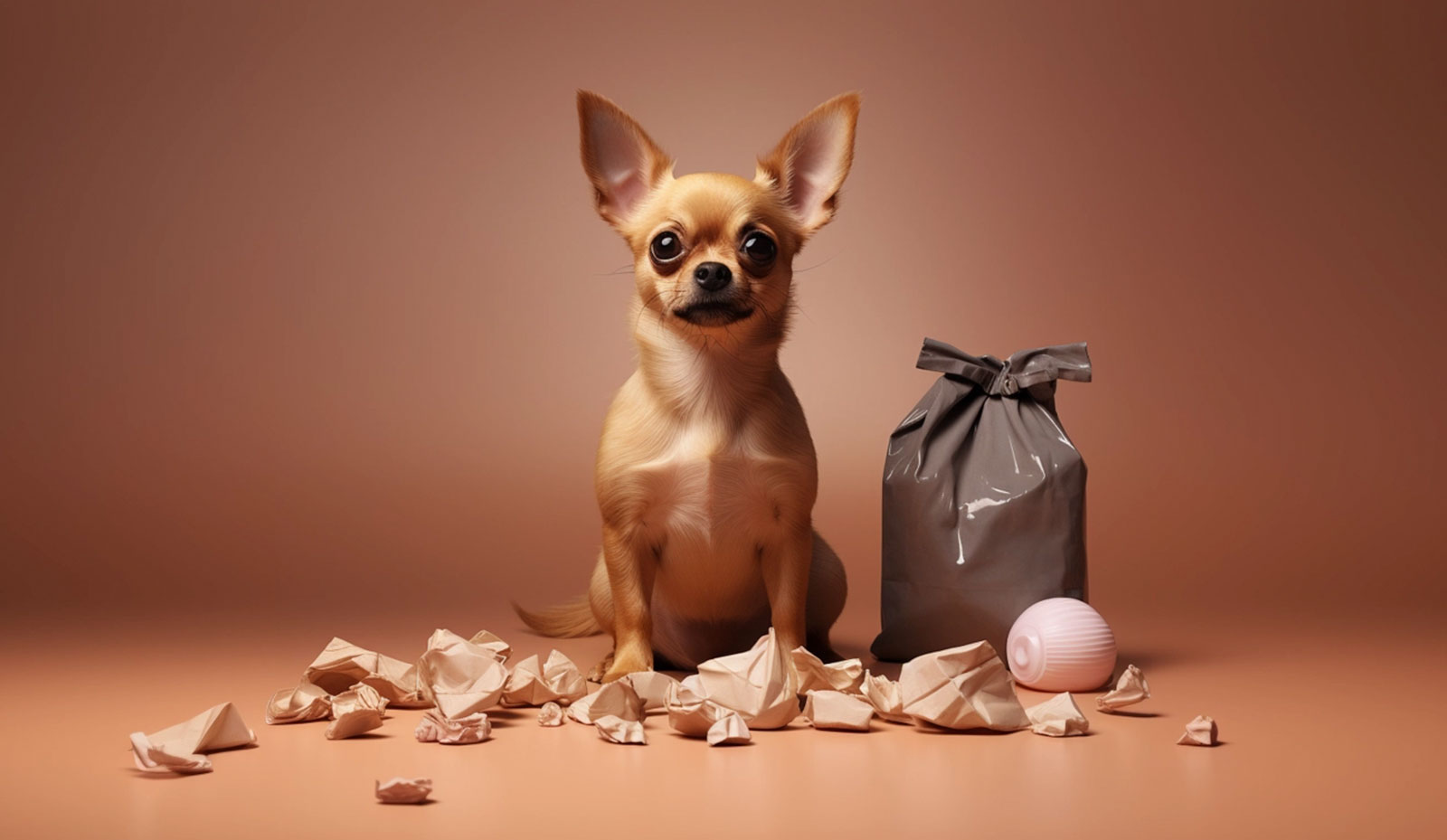
Constipation or constipation refers to the habitual difficulty in defecating. Older dogs and cats in particular are affected, where there is a slowing of physiological functions (and thus also of intestinal peristalsis), but it can also affect cats with megacolon (a condition characterized by abnormal dilatation of all or part of the colon, with stool stasis) or individuals who do little exercise or eat unbalanced diets.
Constipation is often accompanied by other disorders, such as failure to empty the
perianal glands or the development of putrefactive flora in feces that are not excreted, with
resulting in meteorism and abdominal pain.
How to deal with cat and dog diarrhea
The treatment of constipation is based on the administration of laxatives, which are substances that can stimulate defecation by increasing the amount of water in the stool or accelerating intestinal peristalsis.
We speak of osmotic laxatives when these draw water back into the intestinal lumen, moistening the stool, or mechanical laxatives when these stimulate normal intestinal contractions to promote stool progression.
Dr. Valentina Bregoli, Veterinary Physician
NUTRIGEN’s advice:
ENTEROPET: complementary feed in palatable tablets for stabilizing intestinal function during diarrhea. It has astringent effect due to pectins (absorb
water and regulate fecal consistency), as well as the symbiotic effect resulting from the simultaneous presence of prebiotics and probiotics, which restore normal intestinal flora.
DEILAX: palatable paste for dogs and cats suffering from constipation, promotes defecation by combining osmotic and mechanical laxatives such as lactulose, psyllium and carob pulp. The addition of Enterococcus faecium helps counteract the putrefactive flora that develops as a result of fecal stasis.
